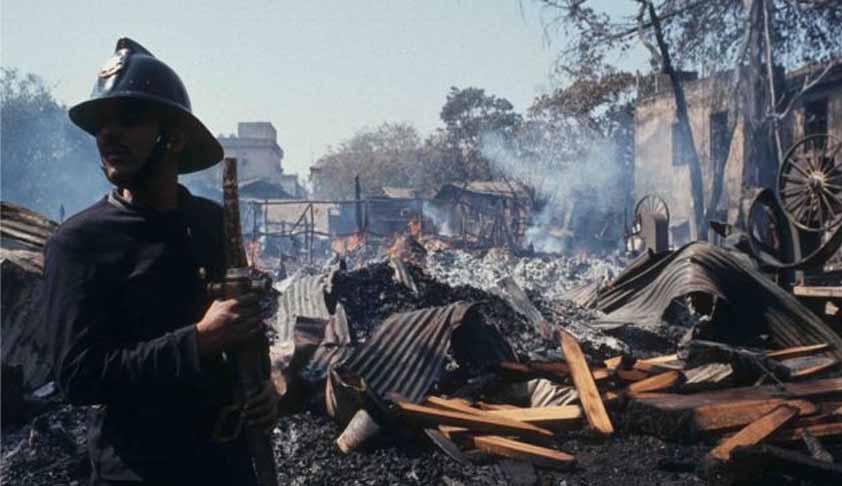Special TADA Court has delivered its Judgment in the 1993 Bombay Bomb Blast Case Today.However, they have been held not guilty under Section 121 (waging, or attempting to wage war, or abetting waging of war, against the Government of India) of the IPCA Special Terrorism and Disruptive Activities Act (TADA) court on Friday found Abu Salem, Mustafa Dossa and four others guilty of conspiring...

